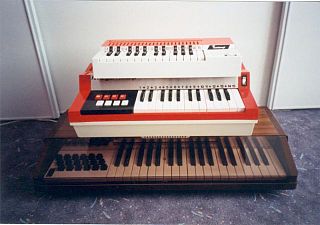 W
WBontempi is an Italian musical instrument manufacturer, best known for manufacturing low-priced, plastic-cased chord organs: small keyboard instruments in which the sound is produced by air being forced over reeds by an electric fan.
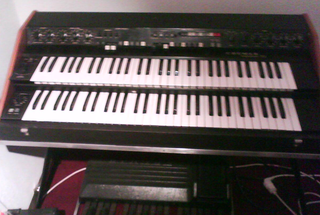 W
WCrumar was an Italian electronic musical instrument manufacturer established by Mario Crucianelli in the late 1960s, which manufactured synthesizers and keyboards during the '70s and '80s. Its name stands for "CRUcianelli and MARchetti", the names of Crucianelli and business partner Marchetti. The company appears to have grown out of the Crucianelli accordion company and also continued to manufacture accordions under both names.
 W
WEko is an Italian manufacturer of electric guitars, acoustic guitars and similar instruments, catering to professional level and manufacturing largely for export. It is located in Recanati, Marche.
 W
WGulbransen Company was a musical instrument manufacturer of player pianos and home organs in the United States. It also made reed organs. It was originally established in 1904 by Axel Gulbransen as Gulbransen Piano Company.
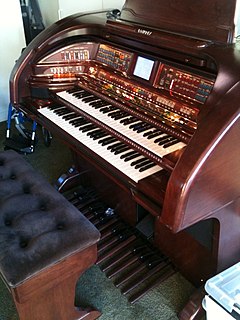 W
WThe Lowrey organ is an electronic organ named for its developer, Frederick C. Lowrey (1871-1955), a Chicago-based industrialist and entrepreneur. Lowrey's first commercially successful full-sized electronic organ, the Model S Spinet or Berkshire, came to market in 1955, the year of his death. Lowrey had earlier developed an attachment for a piano, adding electronic organ stops on 60 notes while keeping the piano functionality, called the Organo, first marketed in 1949 as a very successful competitor to the Hammond Solovox.
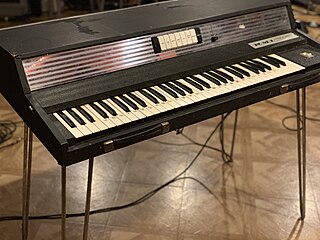 W
WRocky Mount Instruments or RMI was a subsidiary of the Allen Organ Company, established in about 1966. It was based in Rocky Mount, North Carolina. It is most famous for the RMI Electra Piano, a keyboard instrument that created piano and harpsichord-like sounds without the use of strings, tines, or reeds, instead using transistors, much like the combo organs of the day.
 W
WRodgers Instruments Corporation is an American manufacturer of classical and church organs. Rodgers was incorporated May 1, 1958 in Beaverton, Oregon by founders, Rodgers W. Jenkins and Fred Tinker, employees of Tektronix, Inc., of Portland, Oregon, and members of a Tektronix team developing transistor-based oscillator circuits. Rodgers was the second manufacturer of solid state oscillator-based organs, completing their first instrument in 1958. Other Rodgers innovations in the electronic organ industry include solid-state organ amplifiers (1962), single-contact diode keying (1961), reed switch pedal keying for pedalboards (1961), programmable computer memory pistons (1966), and the first MIDI-supported church organs (1986).
 W
WSocieta Industrie Elettroniche (SIEL) was an Italian company that made electronic organs and synthesizers in the 1980s.
 W
WThe Thomas Organ Company is an American manufacturer of electronic keyboards and a one-time holder of the manufacturing rights to the Moog synthesizer. The Company was a force behind early electronic organs for the home. It went out of business in 1979 but reopened in 1996.
 W
WVEB Klingenthaler Harmonikawerke (KHW) was a state-owned company based in Klingenthal, Saxony, and was the main producer of accordions, harmonicas, and electronic instruments in East Germany.
 W
WWersi is a Sino-German manufacturer of electronic organs, keyboards and pianos. They were used by organists such as Franz Lambert and the late Klaus Wunderlich.
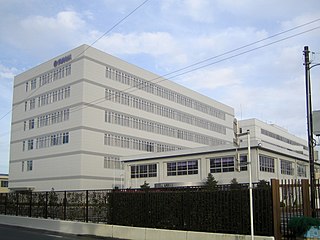 W
WYamaha Corporation is a Japanese multinational corporation and conglomerate with a very wide range of products and services. It is one of the constituents of Nikkei 225 and is the world's largest piano manufacturing company. The former motorcycle division was established in 1955 as Yamaha Motor Co., Ltd., which started as an affiliated company but later became independent, although Yamaha Corporation is still a major shareholder.